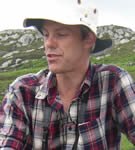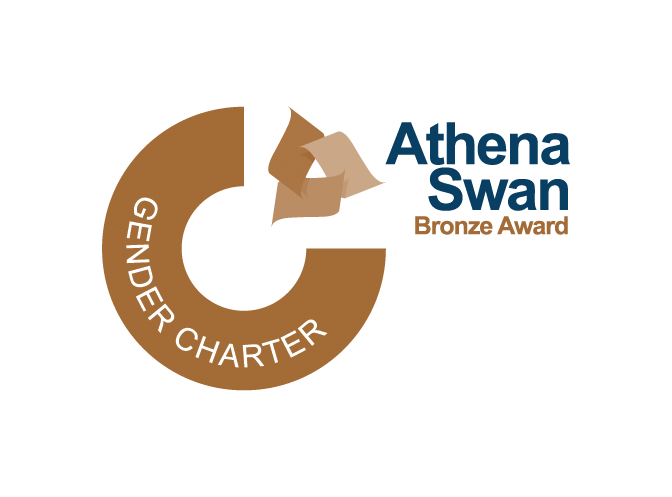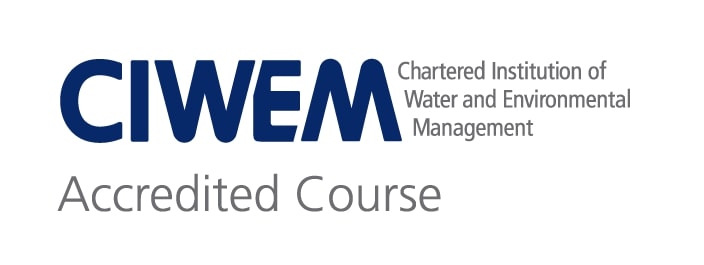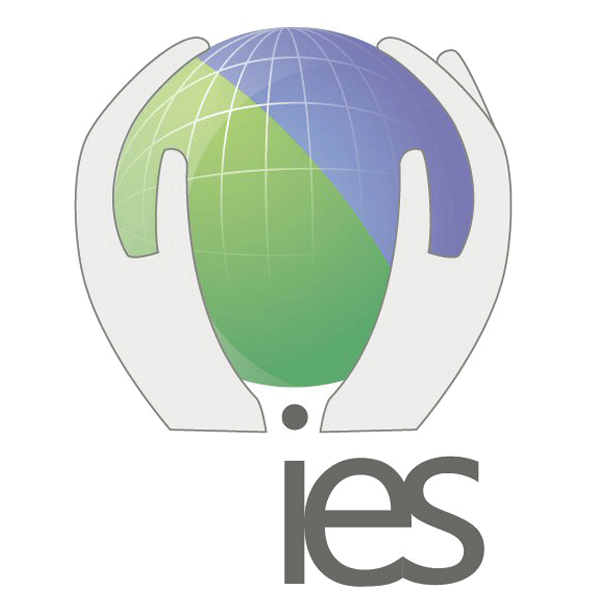Informal Learning
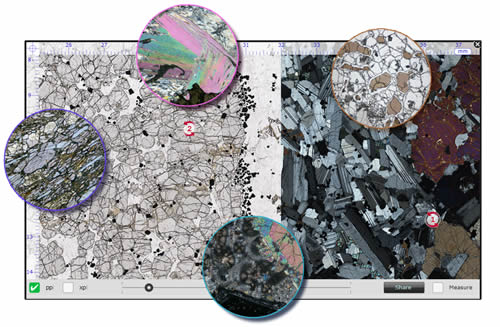
OpenScience Laboratory
Part of the OpenSTEM Labs, the OpenScience Laboratory is an initiative of The Open University and The Wolfson Foundation.
This online laboratory brings interactive practical science to students anywhere and anytime the internet and Web are available. The laboratory features investigations based on on-screen instruments, remote access experiments and virtual scenarios using real data.
Although some activities are only available to students registered on certain modules, several environmental and Earth science activities are open-access. These include:
- Virtual microscopes (for animal, vegetable and mineral materials);
- Virtual field trips: ocean dives and geology in northern England;
- Remote access to an optical microscope;
- Treezilla: investigating the ecosystem benefits of trees;
- Exploring nature and ecology with iSpot;
- Hominid skull evolution;
- Digital Geology Kit: specimens of a variety of rocks, minerals and fossils;
- Maps and landforms;
- Sorting out soils.
If you have any questions or want to find out more please contact Tom Argles.
Virtual Microscope
.jpg)
Launched in 2012, our Virtual Microscope open-access website has been relaunched following a makeover in early 2021.
The relaunch coincides with the addition of around 200 more geological samples in three new university collections.
The philosophy of the Virtual Microscope is to share collections of geological microscope sections held in museums, universities and other institutions, making them accessible wherever there is internet access.
Users can examine and explore microscopic views of a wide range of terrestrial rocks, lunar samples, minerals and meteorites as if using a research-grade polarising microscope.
Usage surged during 2020 as the Virtual Microscope met the sudden jump in demand for online teaching and learning caused by the COVID Pandemic. We now have several university partners alongside museums, learned societies and NASA.
If you have any questions or want to find out more please contact Tom Argles.
OpenLearn courses
OpenLearn has offered free learning from The Open University since 2006 and has attracted over 75 million visitors. Both OU students and members of the public use OpenLearn. OU students enhance their formal studies with free OpenLearn courses to develop study skills, work on employability or keep their mind active between modules.
People outside the Open University access this platform for the badged and short courses, articles and interactives on a huge diversity topics. Content is written by academics and subject specialists, spanning the breadth of the OU curriculum. The 1,000+ courses include some extracted from OU modules, making them excellent tasters for those thinking of studying with us to explore and try.
There is a multitude of free courses associated with EEES topics on OpenLearn. You can browse both the Nature and Environment and Science, Maths and Technology channels for a course that matches your interests and available time.
Short courses
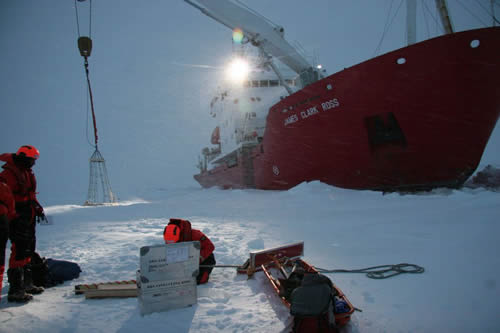
The STEM Faculty offers several short courses for non-accredited study. The following courses in the Environment, Earth and Ecosystem Sciences area may be of interest:
- Science: Plants and people (SG073);
- Science: The Frozen planet (SG075);
- Science: The Weather (SG089);
- Science: Living without oil (SG076).
Check out this full list of OU Short Courses.
School visits
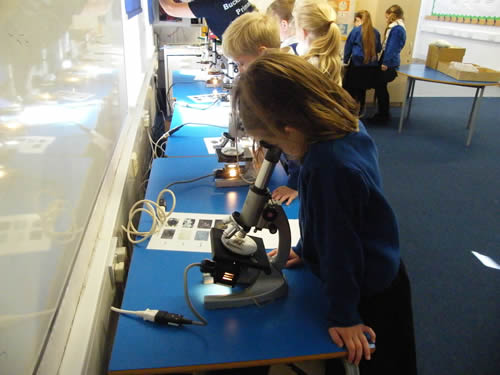
Members of the School often visit local primary schools to run sessions. These are typically with Year 3 and 4 pupils to cover the “Rocks and Soils” part of the Science National Curriculum, but also introducing Year 5 or 6 pupils to the geology of mountains.
Our topics have previously included Volcanoes, Fossils, Microscopes, Everyday Rocks and Minerals, and “What’s it like being a field/lab geologist?”.
We have lots of exciting kits to help bring these to life, including: a replica T-Rex skull; real fossils; samples of different rock types; microscopes; geological tools; and various culinary analogues for lava.
If you have any questions or want to find out more please contact Tom Argles.
Work Experience
.jpg)
Please note that unfortunately we are unable to support short-term work experience for school-age children this academic year (until 31 July 2024).
For more details of under graduate work experience, please see Work Experience.
The Open University Geological Society
The Open University Geological Society (OUGS) provides informal opportunities for anyone interested in geology and Earth sciences to broaden their understanding and put their geological skills into practice through lectures, field trips, workshops, newsletters and conferences.
The society also provides a library, geological equipment sales, the opportunity to socialise with others interested in the natural world, a famous annual photography competition and if you wish the opportunity to get involved in supporting past, present and future OU students. Regular events occur online, throughout the United Kingdom and in Mainland Europe and field trips maybe held anywhere in the world.
News
Celebrating our new Professor of Ocean Biogeochemistry, Pallavi Anand
We are celebrating another new professor in EEES, following the promotion of Dr Pallavi Anand to Professor of Ocean Biogeochemistry.
Celebrating our new Professor of Planetary Mineralogy, Susanne Schwenzer
We are celebrating a new Professor in EEES. Dr Susanne Schwenzer has recently been promoted to Professor of Planetary Mineralogy.

